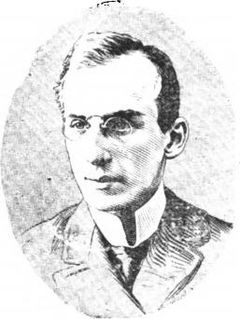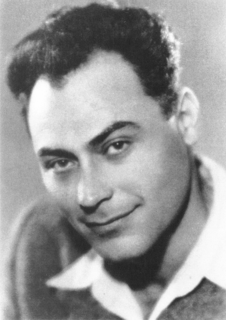A Quote by Oliver Sacks
Dangerously well’— what an irony is this: it expresses precisely the doubleness, the paradox, of feeling ‘too well
Related Quotes
You know, all mystics - Catholic, Christian, non-Christian, no matter what their theology, no matter what their religion - are unanimous on one thing: that all is well, all is well. Though everything is a mess, all is well. Strange paradox, to be sure. But, tragically, most people never get to see that all is well because they are asleep. They are having a nightmare.
I love Stephen Colbert and Jon Stewart because they're bringing irony back into American humor, which is a delicious treat. The entire Colbert persona of being extreme right-wing when he's not at all is highly amusing. He does it so well, but sometimes a little too well. My wife is convinced he's completely that way.
Artists may here have a more subtle scent: they know only too well that it is precisely when they cease to act 'voluntarily' and do everything of necessity that their feeling of freedom, subtlety, fullness of power, creative placing, disposing, shaping reaches its height - in short, that necessity and 'freedom of will' are then one in them.
In discovering books, you became free to explore the full range of human motives, desires, secrets, and lies. All my life, people have scolded me for having an excess of feeling, saying that I was too sensitive - as if one could be in danger from feeling too much instead of too little. But my outsize emotions were well represented in books. [] there simmered all the feelings no one ever admits to.




































